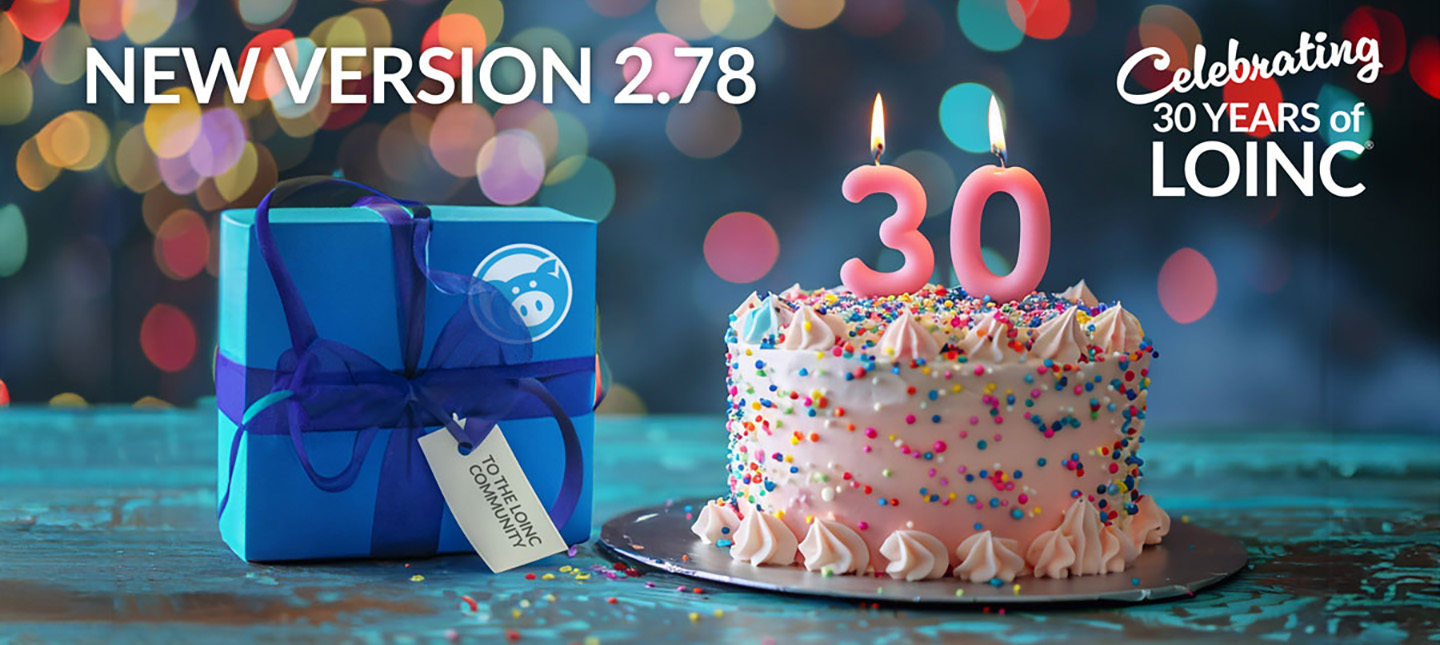Regenstrief Institute’s latest LOINC® content update underscores significant strides in health terminology, accomplished through extensive collaboration with the international health community. The semiannual release aims to bolster the electronic exchange of clinical and laboratory data, fostering the use and implementation of LOINC standards across healthcare systems globally.
The Regenstrief Institute Health Data Standards (HDS) unit, which administers LOINC, and partners collaborated to create more than 3,000 updates, including nearly 1,600 new concepts and modifications to 1,400 existing ones. Focus areas included diagnostics, medical devices, public health reporting, social determinants of health (SDOH) and various assessments.
“Although LOINC content is curated and developed in a continuous cycle, the semi-annual release of LOINC ensures the seamless availability of the new and updated content to users to align with evolving trends and advancements in healthcare,” said Marjorie Rallins, DPM, M.S., the executive director of Health Data Standards at Regenstrief Institute. “LOINC release 2.78 includes concepts that continue our mission toward interoperability of health information across health domains, globally.”
Specific updates and their projects include:
- The development of nearly 250 new concepts to standardize the representation of the information stored in an electronic system, which is important when health data must be translated between systems with different structures.
- The HDS unit collaborated with many stakeholders both domestically and internationally, to reflect developments in healthcare trends. Highlights are:
- New concepts were created for a Food and Drug Administration-approved diagnostic system which identifies cervical cancer using artificial
- Continued work on the model post-acute-care assessments required by Centers for Medicare and Medicaid Services (CMS).
- Concepts created in collaboration with the Diabetes Technology Society to standardize data associated with continuous glucose monitoring devices.
- Work conducted with the National Committee for Quality Assurance to create concepts for the High Impact Chronic Pain assessment, which enables better management and intervention.
- Collaboration with the Department of Health in Australasia, a subregion of Oceania, comprising Australia, New Zealand, and some neighboring islands in the Pacific Ocean, to create concepts to standardize pathology information in laboratory information systems.
- The creation of concepts to support the newly implemented national laboratory information system, which were produced with the assistance of the National Institute for Public Health in the Netherlands
- And support for the International Patient Summary development with new content to support the alert section, intended to alert clinicians of extreme health conditions affecting the patient.
- The continued work the HDS team unit conducts with Health Level Seven® International on the Gravity Project incorporates new SDOH content in critical social risk domains including job insecurity and housing instability.
- New content has been added to support the PhenX Toolkit, a set of standard measurement protocols that support cross-study analysis and increase study impact when conducting biomedical research.
- Collaboration with SNOMED International on the LOINC Ontology: A SNOMED-LOINC Interoperability Solution has produced a preview version of the Ontology browser hosted on https://loincsnomed.org, where users can download current files, view documentation and frequently asked questions and share feedback with the project team.
LOINC, short for Logical Observation Identifiers Names and Codes, is a global standard for health terminology. Created and maintained at Regenstrief, LOINC enables the identification, exchange and collection of data across health systems and is used around the world.
For any inquiries about the version 2.78 release and to have discussions with others in the LOINC community, or to post a topic, question or concern, go to the LOINC Community Forum.
LOINC is a code system available to users royalty free. Its long-term funding is supported by U.S. federal agencies and other organizations. Health Data Standards at Regenstrief Institute releases updates to LOINC twice per year, in February and August.
About LOINC®
LOINC® was created in 1994 at Regenstrief Institute to facilitate interoperability in healthcare. There was a growing trend to send clinical data electronically between healthcare entities, a practice that has now become ubiquitous. Today, it contains more than 104,000 concepts for everything from an albumin level to a zygomatic arch X-ray report. For each concept, LOINC contains many other rich details, such as synonyms, units of measure, and carefully crafted descriptions.








 ® semiannual release: Global partners collaborate to enhance health terminology semantic interoperability"/>
® semiannual release: Global partners collaborate to enhance health terminology semantic interoperability"/>
 ® semiannual release: Global partners collaborate to enhance health terminology semantic interoperability"/>
® semiannual release: Global partners collaborate to enhance health terminology semantic interoperability"/>